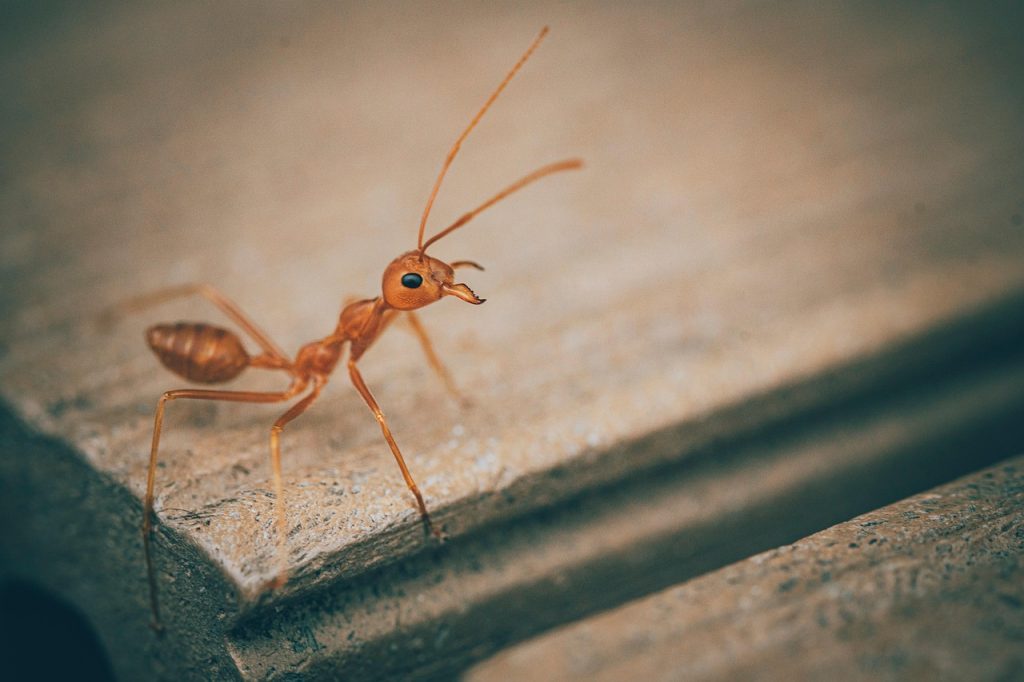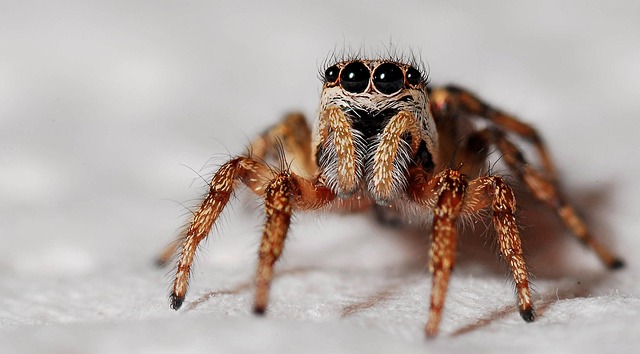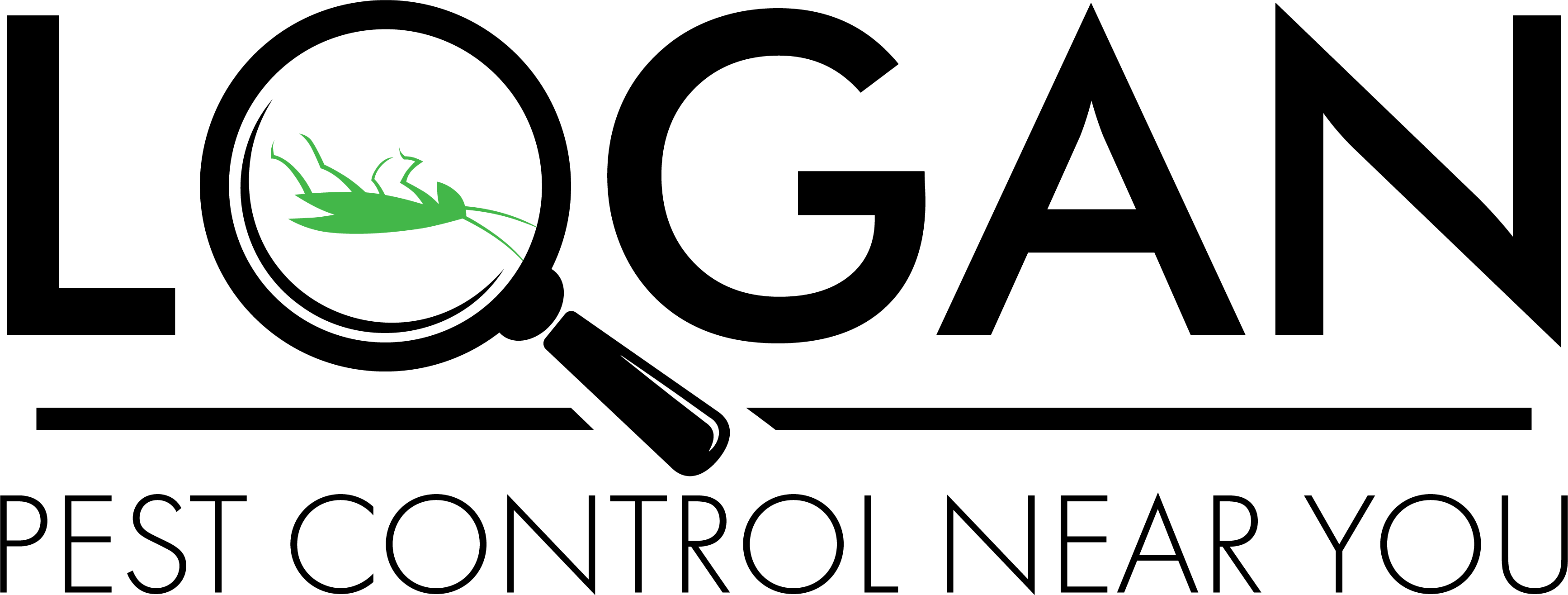
Pests are an unwelcome nuisance that can invade our homes, gardens, and even workplaces. Whether it’s ants marching across your kitchen floor, termites silently devouring the wood in your walls, or rodents causing havoc in your attic, pest control is essential to maintaining a healthy, safe, and comfortable living environment. In this blog post, we’ll explore the importance of pest control, common household pests, and how you can keep them at bay with effective solutions.
Why Pest Control is Important
Pest control isn’t just about protecting your property—it’s also about safeguarding your health and peace of mind. Here are some key reasons why pest control is crucial:
- Health Risks: Many pests, such as rodents, mosquitoes, and cockroaches, are known to carry diseases that can affect humans. For example, rodents can transmit diseases like leptospirosis and salmonella, while mosquitoes are vectors for diseases like malaria, dengue, and Zika virus. Cockroaches, on the other hand, can trigger allergies and asthma attacks.
- Property Damage: Pests can cause significant damage to your home. Termites can weaken the structural integrity of wooden buildings, while rodents may chew through wires and insulation. Bedbugs, ants, and other pests can destroy furniture and fabrics, leading to costly repairs or replacements.
- Peace of Mind: A home free from pests is a more comfortable place to live. Knowing that your space is safe and pest-free can improve your overall well-being and reduce stress.
Common Household Pests

Here are some of the most common pests you may encounter in your home:
- Ants: Ants are one of the most common household pests. While they don’t usually cause direct harm to humans, they can contaminate food and become a persistent nuisance. Carpenter ants can also cause damage to wood.
- Rodents: Mice and rats are frequent invaders of homes, especially during colder months. They can damage property, contaminate food, and spread diseases.
- Termites: Termites are silent destroyers. They feed on wood and can cause significant structural damage if left untreated.
- Cockroaches: Cockroaches are not only unsightly but also carry bacteria that can trigger allergies and cause infections.
- Bedbugs: These tiny, blood-sucking insects are often found in bedrooms, hiding in mattresses, furniture, and cracks in the walls. Their bites can lead to itchy rashes and discomfort.
- Mosquitoes: Mosquitoes are more than just an annoyance—they can spread dangerous diseases, including malaria and West Nile virus.
- Spiders: While many spiders are harmless, some, like the brown recluse or black widow, can pose a danger due to their venomous bites.
Preventing and Controlling Pests
The best way to keep your home free from pests is to implement preventive measures and use effective pest control solutions. Here are some tips for pest prevention:
- Seal Entry Points: Inspect your home for gaps or cracks around windows, doors, and foundations. Seal these openings to prevent pests from entering your home.
- Proper Waste Management: Pests like rats, ants, and cockroaches are attracted to food and garbage. Make sure your trash is tightly sealed, and clean up spills and crumbs regularly.
- Maintain Cleanliness: Regularly clean your home, especially in areas where food is prepared and stored. Avoid leaving dirty dishes in the sink, and store food in airtight containers to prevent attracting pests.
- Remove Standing Water: Pests like mosquitoes breed in stagnant water. Empty containers like birdbaths, clogged gutters, and plant saucers that collect water to reduce the risk of infestation.
- Trim Vegetation: Keep shrubs and trees well-trimmed, as they can serve as bridges for pests to enter your home. Additionally, remove debris and clutter around your property where pests can hide.
- Use Natural Deterrents: There are several natural remedies that can help repel pests. For instance, peppermint oil is an effective deterrent for rodents and ants, while citrus peels can repel spiders.
- Professional Pest Control: If you’re dealing with a serious infestation, it’s best to call in a professional pest control service. Experts can assess the extent of the problem, use targeted treatments, and offer advice on long-term prevention.
Eco-Friendly Pest Control Solutions
As concerns about environmental sustainability grow, more homeowners are seeking eco-friendly pest control options. Here are some green alternatives:
- Diatomaceous Earth: This natural substance can be used to control pests like ants, cockroaches, and fleas. It’s non-toxic to humans and pets but deadly to insects.
- Essential Oils: Many essential oils, such as eucalyptus, lavender, and citronella, act as natural repellents for mosquitoes, ants, and other pests.
- Integrated Pest Management (IPM): IPM is a holistic approach that combines multiple strategies, including biological controls, physical barriers, and minimal pesticide use, to control pests in an environmentally responsible way.
Conclusion
Effective pest control is an essential part of maintaining a healthy, comfortable home. By taking preventive measures and using the right pest control solutions, you can keep your home free from pests and avoid the damage they can cause. Whether you opt for natural methods or hire a professional, the key is to stay vigilant and act early to address pest problems before they escalate. Your home—and your health—will thank you for it!
Feel free to share this guide with others, and stay tuned for more tips on maintaining a safe and healthy living environment!

Leave a Reply